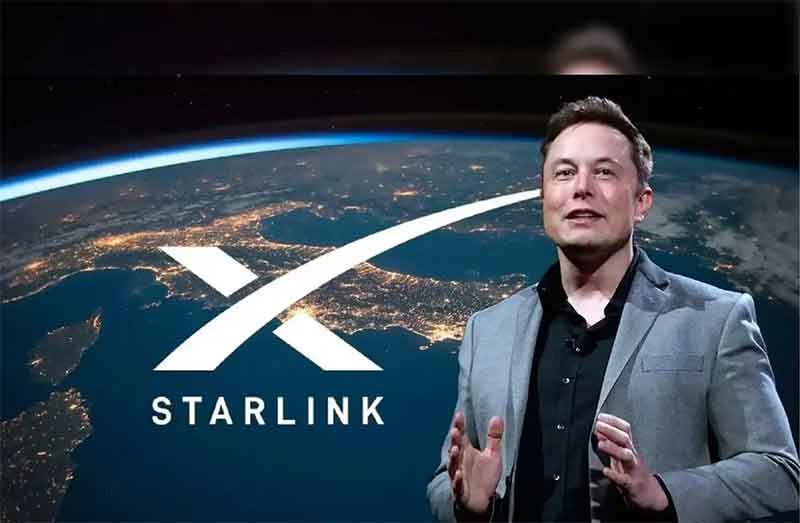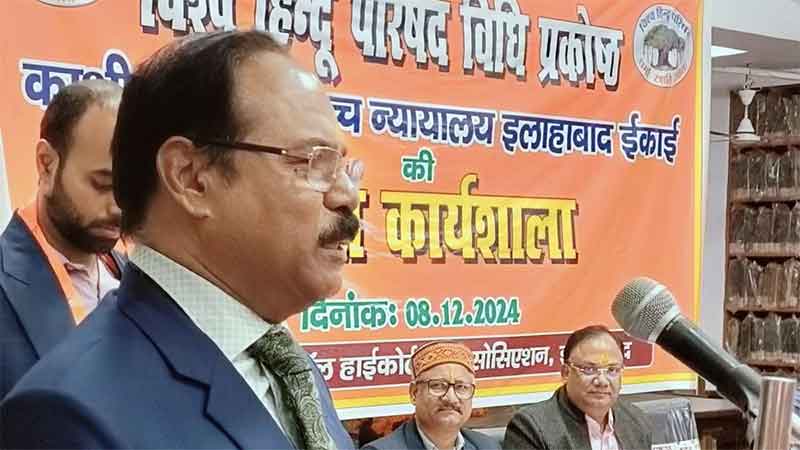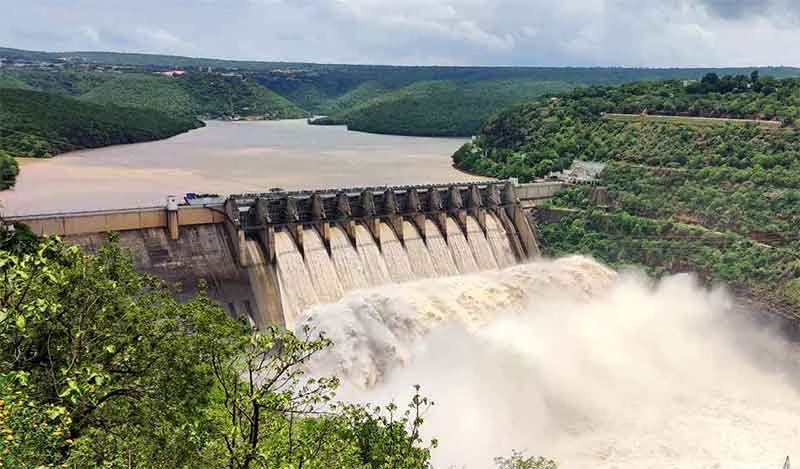
To
Dr. Neeraj Mittal
Secretary
Dept of Telecommunications (DOT)
Govt of India
Dear Dr Mittal,
I refer to my letter of 12th March, 2025 expressing concerns about DOT allowing Elon Musk’s StarLink to form cartel with AirTel and Jio in operating devicesbased on satellite spectrum, hurting the interests of millions of telecom customers in India and, in addition, to relax several crucial security clauses in favour of StarLink, hurting the national interest (https://countercurrents.org/2025/03/elon-musks-starlink-forming-a-cartel-with-the-two-domestic-telecom-operators-to-appropriate-strategic-domestic-satellite-spectrum/)
In my letter, in particular, I cautioned DOT not to go out of the way to treat StarLink as an exception and agree to StarLink’s demand for relaxing any security clause.
I am surprised that DOT, without heeding to my appeal, should ultimately grant exemption to StarLink from certain crucial clauses, otherwise applicable to others, as reported in Economic Times today (https://economictimes.indiatimes.com/industry/telecom/telecom-news/govt-issues-letter-of-intent-to-starlink-for-satcom-services/articleshow/120971213.cms?UTM_Source=Google_Newsstand&UTM_Campaign=RSS_Feed&UTM_Medium=Referral&from=md)
“Among the 29 new security conditions are mandatory interception and monitoring mechanisms, use of local data centres, and location tracking for mobile user terminals. Terminals must now report their location every 2.6 kilometres moved or every minute—whichever is shorter. The DoT also requires 20 per cent of the satellite network’s ground segment to be indigenised within the first few years of operation in India. The timing of the decision coincided with India’s military strikes on terror camps across the border in response to the Pahalgam massacre. However, DoT sources emphasised the decision on Starlink was independent of those events During consultations, Starlink had expressed reluctance on two points: the requirement to monitor terminals near international borders and the suggestion of a mandatory Indian majority shareholding in satcom companies. As per sources, the government eventually dropped both requirements. one official explained, ‘While the condition was proposed by law enforcement agencies, the DoT felt it can’t be included as it goes against the Telegraph Act’.”
In other words, StarLink has been permitted to operate as a foreign-controlled company entrusted with the operation of strategic bands of satellite spectrum by forming a cartel with domestic operators and, in addition, the law enforcement agencies and defences surveillance authorities would not have the statutory power to “monitor (its) terminals near international borders”
I am surprised that DOT should take such a hasty decision as to dilute the authority of law enforcement agencies and defence services to monitor StarLink-related satellite-telecom terminals near international borders, especially at a time when there is mounting tension along the border following a ghastly attack on innocent tourists by terrorists close to the international border. DOT should know that StarLink is already operating in Pakistan and it is the need of the hour for the Indian defence forces to have 100% authority to monitor any and all kinds of communication terminals along the international border.
I may remind DOT that there were complaints in the past about the use of StarLink devices in two sensitive States, namely, A&N Islands (https://www.thehindu.com/news/national/andaman-and-nicobar-police-to-query-starlink-on-device-used-in-huge-haul-of-smuggled-drugs/article68942660.ece) and Manipur (https://www.thehindu.com/sci-tech/technology/are-militants-in-manipur-using-starlink-satellite-internet-explained/article69011781.ece).
Should not DOT therefore be circumspect about exempting StarLink from monitoring its terminals in sensitive areas?
Has DOT consulted the Defence Ministry and the Defence Forces on this? Have the implications of such a decision been thoroughly analysed in consultation with the Ministry of Defence and the Union Cabinet duly apprised? Why should StarLink insist on DOT exempting it from that condition at all?
These are crucial questions that anyone with common sense would ask, especially at this hour.
May I appeal to DOT to revise the two exemptions and revoke them forthwith?
Nothing will be lost if StarLink’s entry is to be delayed.
Regards,
E A S Sarma
Former Secretary to the Government of India
Visakhapatnam
Subscribe to Our Newsletter
Get the latest CounterCurrents updates delivered straight to your inbox.













































